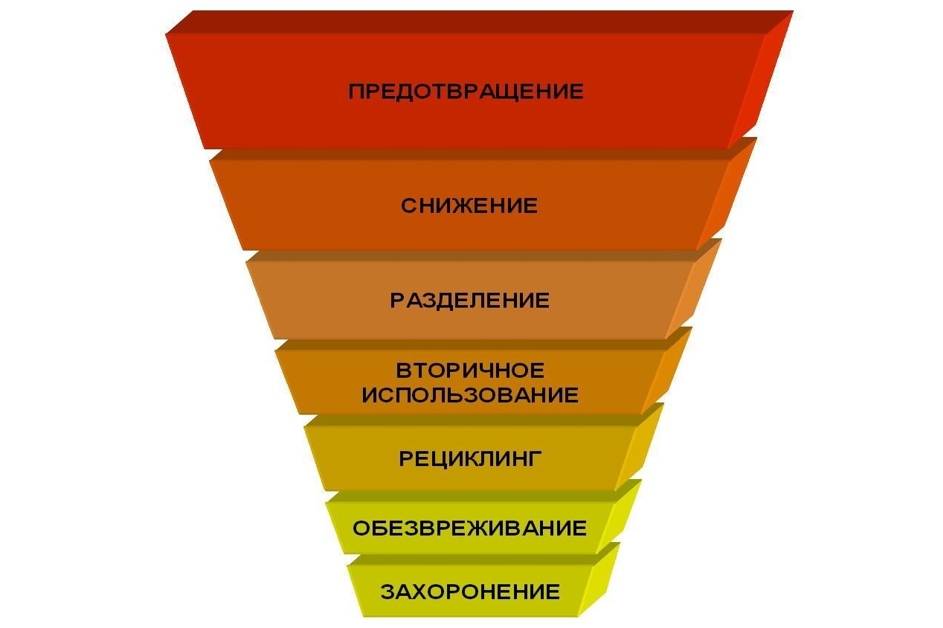Waste management and prevention policies

Hotels and restaurants can generate significant amounts of waste in the course of their operations. Waste comes from a variety of sources, including kitchen (food waste), garden (garden waste), rooms and lobbies (packaging waste, including plastic and glass, and mixed waste). Naturally, hotels also generate other, less voluminous waste streams such as lamps, batteries, electrical and electronic waste, etc.
In addition to increasing the environmental impact of hotel and restaurant operations, improper waste management can have negative visual and olfactory effects. Garbage (often consisting of paper, plastic, glass bottles, etc.) can be extremely annoying for customers.
Proper waste management is the foundation of any eco-friendly hotel or restaurant. Waste prevention reduces costs for owners, increases the visual appeal of a site, and mitigates the impact on an often fragile environment (lake, mountains, etc.).
Effective waste management is based on waste hierarchy methods. Prevention is better than reuse. Reuse is better than recycling. Recycling is better than other recovery. Disposal is the worst option, which is used most often in Kyrgyzstan.
Improving waste management practices starts with a few simple steps:
- Determine the types of your waste. You can track waste generation for weeks, draw a process diagram with inputs and outputs, calculate mass balance (quantify input and output mass), determine where waste is generated.
- Determine where and at what stages there is an opportunity to reduce waste: both in terms of the physical space (guest rooms, kitchen, garden, etc.) and in terms of the type of work.
- Establish a waste management plan that considers waste prevention (in the first place), minimization, segregation and recycling.
In the long term, focus on avoiding unnecessary stuff and extending the life of goods/equipment through reuse or creative use, repair. Learn the principles of the circular economy and apply them not only in waste management, but also in all economic activities at your enterprise. As circular solutions become more popular and profitable, it is worth exploring the possibilities of using some of them. Repairing equipment is often a better choice than buying it, especially for the same power consumption. If you definitely need to change it, consider selling it or donating it for later use. The same applies to your old furniture. The use of certain recycled or recycled materials can add interest to your hotel/restaurant design.
